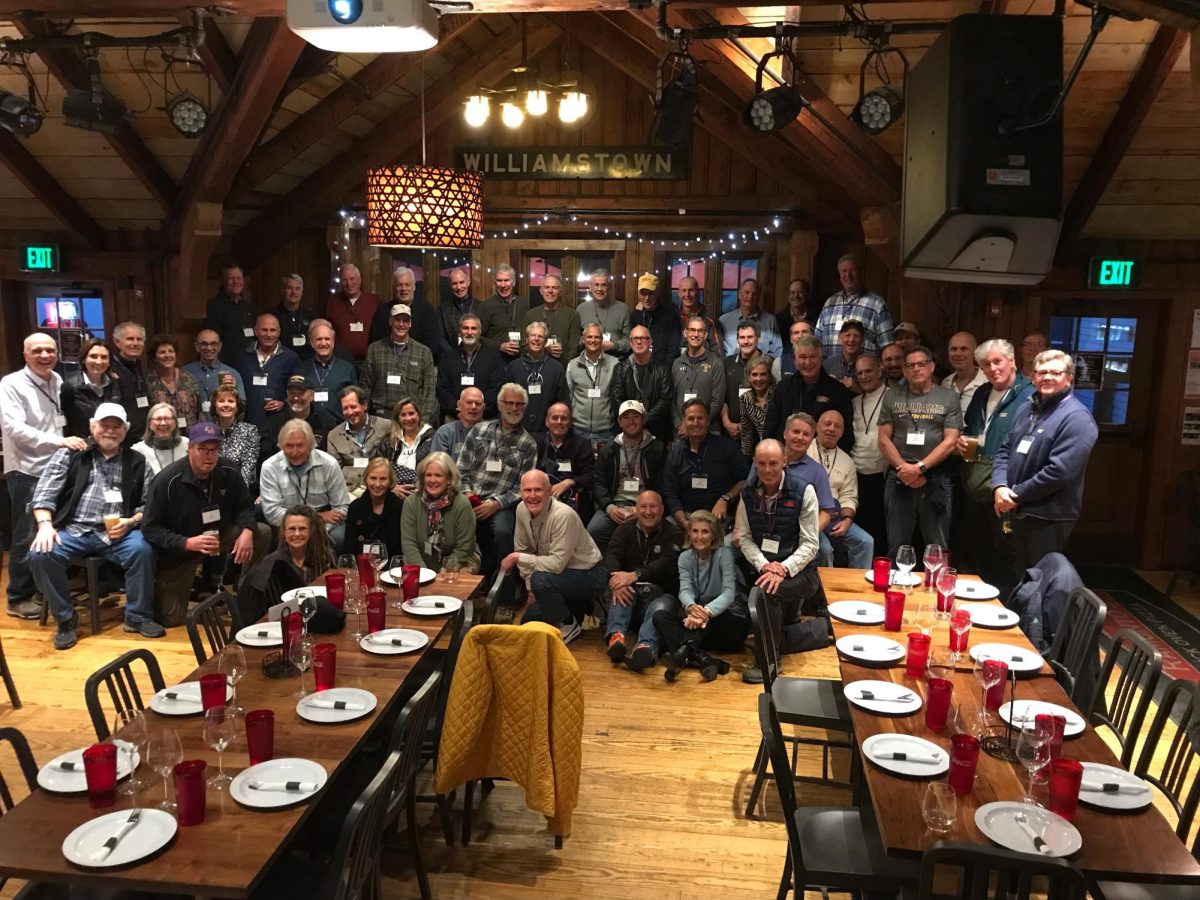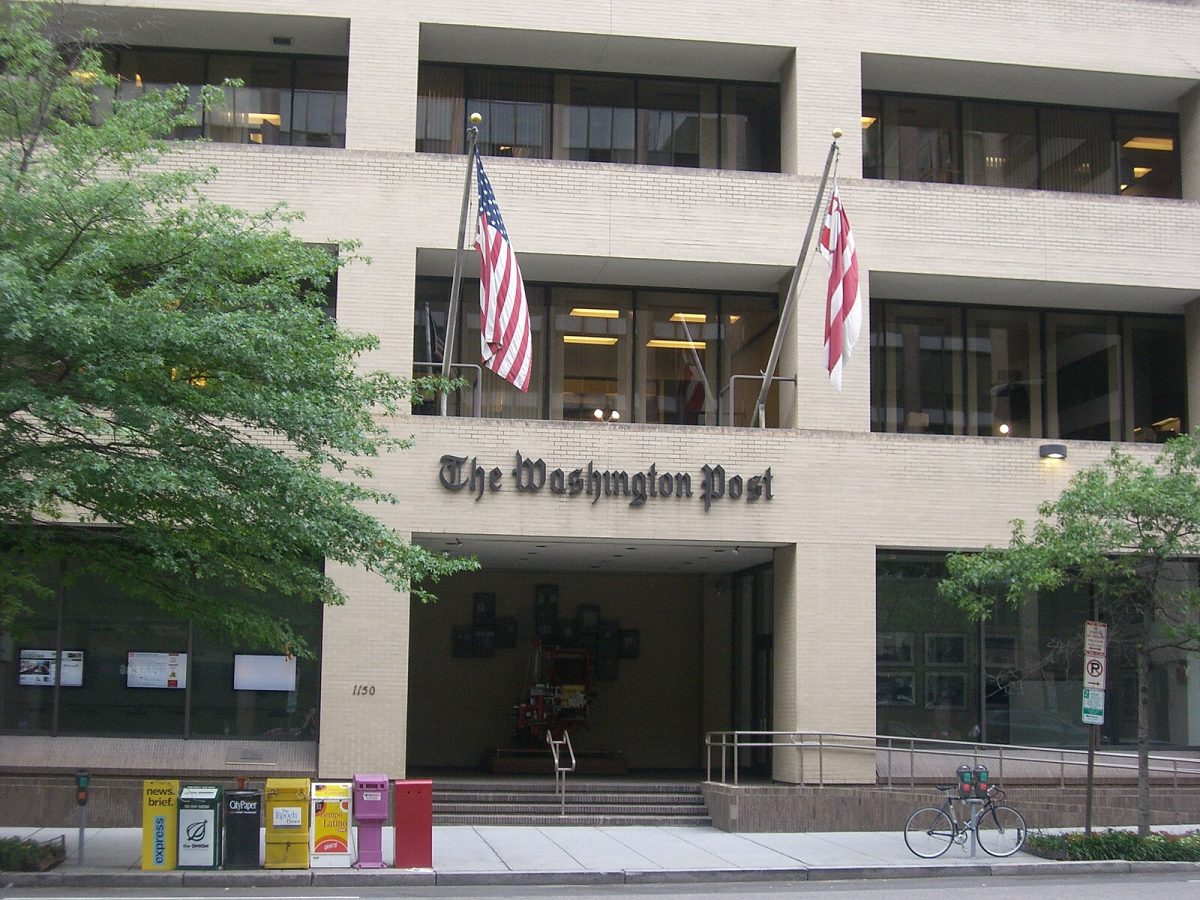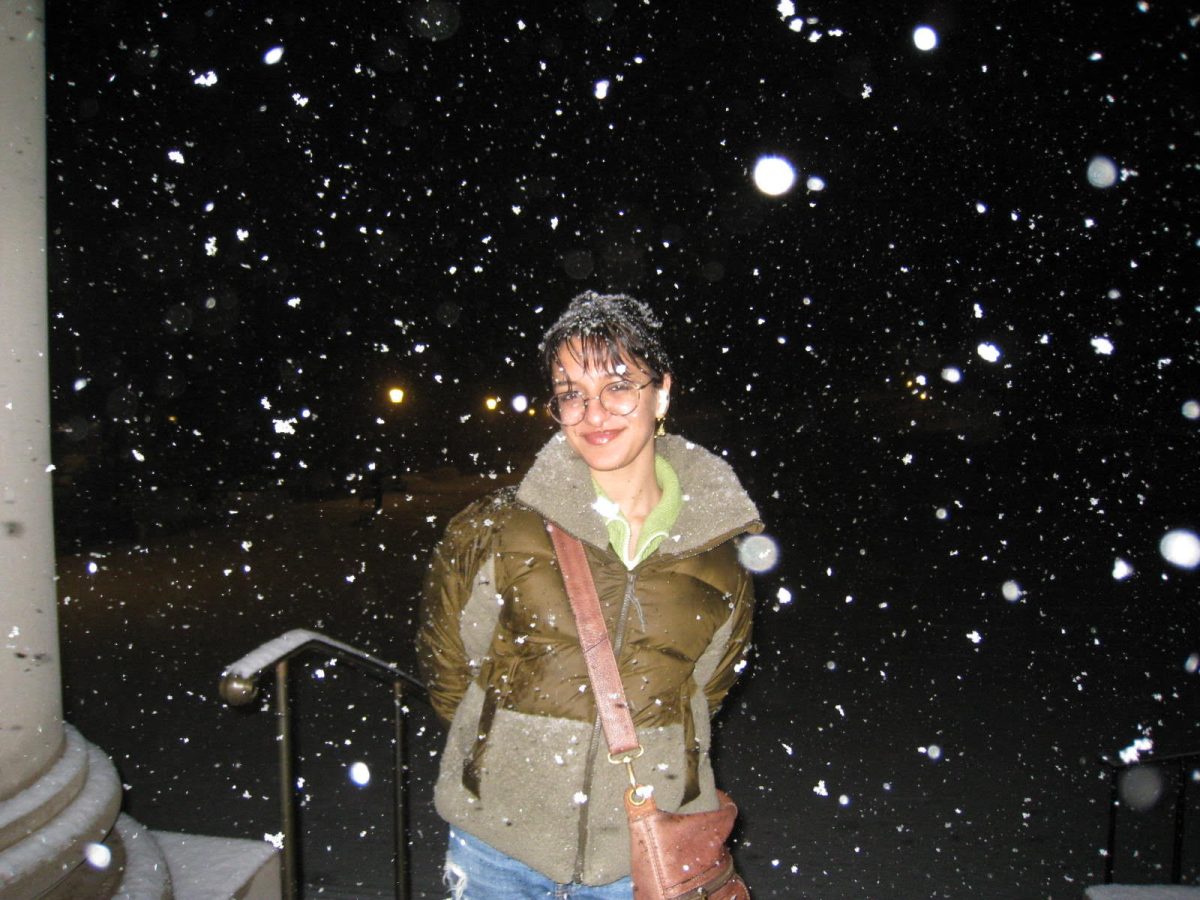
The first 12-student cohort of Global Scholars, a program established last fall, recently concluded its first year of mentorship, travel, and research symposia. Last week, the students returned from Paris, having formed close bonds within their academic cohort and developed a broader perspective on international relations and interdisciplinary learning.
The process to develop the Global Scholars program began in 2011, according to the program’s chair and Professor of History Magnús Bernhardsson. “I have found it so exciting and interesting to be devising a new program … that was not built on Williams as it looked in the [past],” he told the Record in an interview. “We’re not trying to shove people into something pre-existing, but creating something new, which has been so meaningful and exciting.”
The program is intended to foster close collaboration among the cohort over the course of several years, an aspect that distinguishes it from other academic programs at the College, he said. “Usually academic cohorts do not emerge until your junior or senior year,” Bernhardsson said. “We wanted to think about an interdisciplinary academic cohort where people are coming together because of an interest in a general topic, and then have two to three years to work together to think about some of the more pressing issues.”
Bernhardsson said that he was pleased with how the first cohort embraced the interdisciplinary nature of the program. “Some students came in last year with very specific interests but … have been open-minded to try out new academic disciplines,” he said. “Global issues will not be solved by one discipline — we need to work together as a group.”
“One of the most helpful resources within the program for me has been the mentorship aspect,” said Taylah Pickering ’26, a member of the first cohort. Each scholar is matched with four mentors, including two alums, usually one early-stage and one late-stage professional, many of whom hosted the scholars in Paris.
During a three-week-long trip to Paris, the cohort met with local alums and international organizations, such as UNESCO and the OECD. For the remainder of Winter Study, students pursued internships individually.
Rem Johannknecht ’26 interned with the German Marshall Fund, a think tank that works to promote cooperation and understanding between North America and the European Union. “I really wanted to learn about foreign policy think tanks because they have such a unique ability to spark conversation and to do research in a way that supports both the private sector and the public sector,” he said.
Part of Johannknecht’s role at the German Marshall Fund was creating an internal press briefing to sum up world news coverage. He read sources from around the world — the South China Morning Post, Al Jazeera, BBC, and the White House — to compare how various countries covered the same issue.
Pickering interned at SOS Racisme, a French non-profit organization that provides legal aid to people facing racial discrimination. She listened in on calls and reviewed the organization’s guidebook to French legal proceedings. “I was able to shadow the whole process and see what they were doing,” she said.
“I think it was just really inspiring because it showed us that even someone who’s pursuing a college degree and hasn’t graduated yet can still make an impact on such big issues, and also showed us how much we have to learn,” Johannknecht said of the trip.
Professor of Classics Sarah Olsen, who accompanied the cohort on the trip, said that the experiential learning opportunities gave students agency in designing the programming. “I was very impressed by the projects and shadowing placements that the students pursued during their time in Paris, made possible by their own initiative and the strength of the Williams network,” she said. “To my mind, this was exactly what Winter Study should be.”
“The most exciting thing about this program was its range,” Olsen added. “We went to the Louvre, and I led a discussion of ancient Greek art, which is one of my own research fields. Another day, we met with a Middle East [and] North Africa analyst at the [European Union] Institute for Security Studies to hear about her work and her reflections on current events.”

Among the ways that the program seeks to foster wider conversation on campus is the Global Issues Forum, a series of talks on pressing global issues hosted by Johannknecht and Maya Prakash ’26. The pair created the initiative out of a desire to host speakers on campus and to foster more conversation across the College community about global issues, Johannknecht said. Last fall, they coordinated and moderated two talks: one about United States-China relations and another about AI.
Editor’s note: Maya Prakash ’26, an editor at the Record, was not involved in the writing or editing of this article.
Bernhardsson said that the next cohort’s Winter Study trip will be to Santiago, Chile, but that the program would likely return to Paris in the future. “We will always go on a trip,” he said. “Maybe Paris will be every three or four years because we’ve now established some contacts there, but we are eager to give our students the opportunity to explore different parts of the world as well.”
With the Paris trip complete, Bernhardsson said he is envisioning future programming, including workshops on networking and data analytics and a conference in April with students from Columbia University and the American University in Paris, both institutions that the cohort has visited.
Moving forward, Bernhardsson said he hopes to maintain the program as current members begin to enroll in study away programs during their junior year. “Next year, probably about 50 [to] 70 percent of the [first] cohort will be away, so they might not have much physical presence on campus — so how do we continue to build a cohort, when many of [students] are spread out all over the world?”
Johannknecht cited the connections fostered by the program as one of its strengths. “It’s just amazing how big the network is,” he said. “It creates cool conversations that you don’t need to be a part of the program to necessarily benefit from.”
Pickering echoed the sentiment. “Having so many different disciplines in the cohort … encouraged me to learn more about global issues, global affairs, international affairs, and become more knowledgeable to participate in the sort of conversations that we were having in Paris,” Pickering added.








